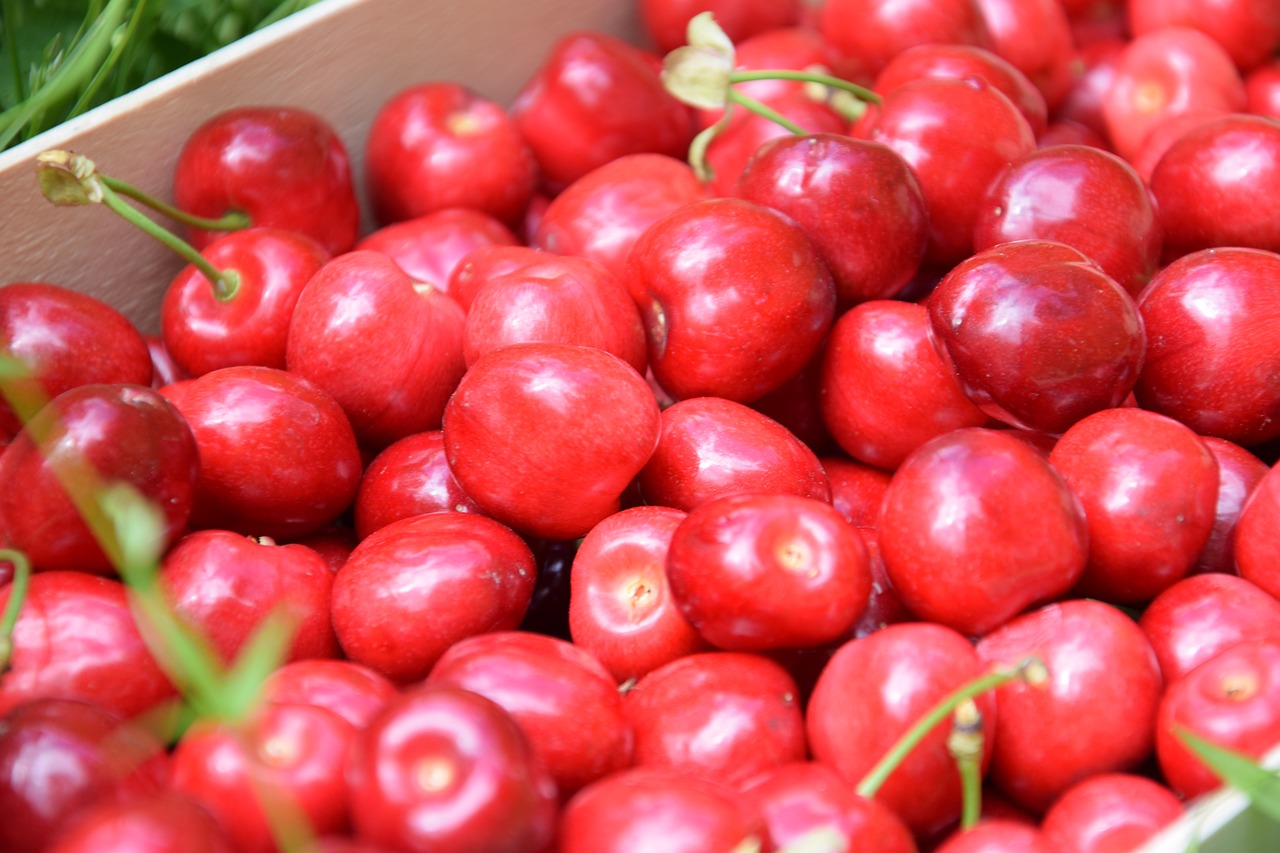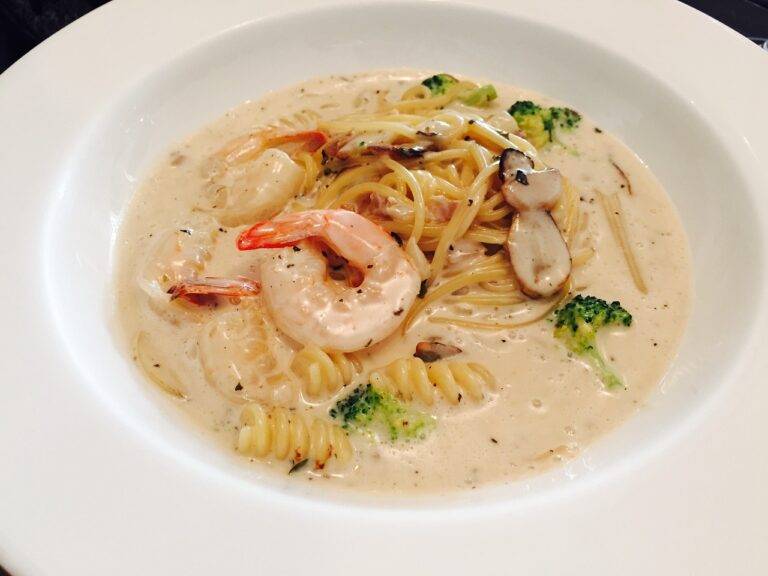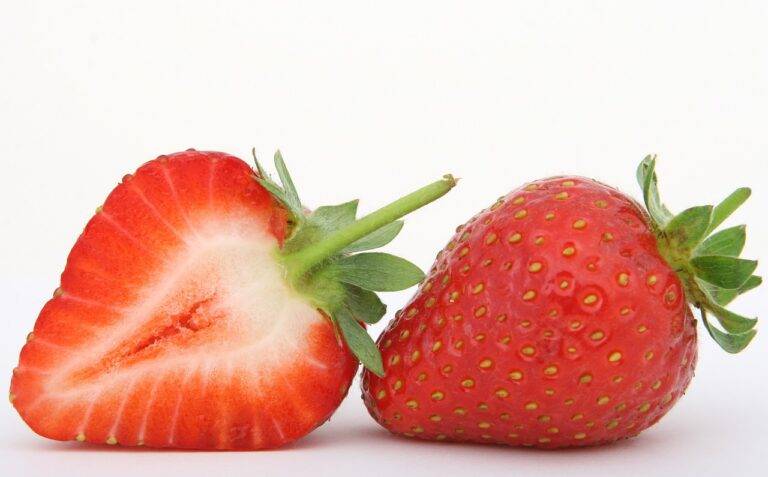Addressing Consumer Concerns About Carrageenan in Pet Food: Allpanel777, Laser book 247.com, 99 exch.com
allpanel777, laser book 247.com, 99 exch.com: Addressing Consumer Concerns About Carrageenan in Pet Food
As a pet owner, you want the best for your furry friends. You carefully read the labels on their food to ensure that it is nutritious and safe. However, one ingredient that has been causing concern among pet owners is carrageenan. So, what is carrageenan, and should you be worried about it in your pet’s food?
What is Carrageenan?
Carrageenan is a common food additive derived from red seaweed. It is used in a variety of products, including pet food, to thicken and stabilize them. Carrageenan has been used for decades and is approved by regulatory bodies like the FDA and the European Food Safety Authority.
Why Are Consumers Concerned?
Despite its approval for use in food products, some consumers have raised concerns about the safety of carrageenan. Some studies have suggested that carrageenan may cause inflammation and digestive issues in animals. Additionally, there have been reports of carrageenan being contaminated with poligeenan, a potential carcinogen.
Should You Be Worried?
While there is some concern about carrageenan, it is essential to note that the majority of studies have found it to be safe for consumption. The FDA has stated that carrageenan is generally recognized as safe (GRAS) for use in food. Additionally, many pet food manufacturers choose carrageenan for its natural and plant-based properties.
How to Address Consumer Concerns
If you are worried about carrageenan in your pet’s food, there are a few steps you can take to address your concerns:
1. Research the Brand: Look into the pet food brand you are purchasing from. Some brands may use carrageenan-free formulas if you prefer to avoid this ingredient.
2. Consult Your Vet: If you have specific concerns about carrageenan and your pet’s health, consult with your veterinarian. They can provide guidance on the best diet for your pet’s individual needs.
3. Monitor Your Pet’s Health: Keep an eye on your pet’s health and how they respond to their food. If you notice any digestive issues or inflammation, it may be worth considering a carrageenan-free alternative.
4. Consider Homemade Options: If you are still concerned about carrageenan, you may want to explore homemade pet food options. This way, you have full control over the ingredients your pet consumes.
5. Stay Informed: Stay up to date on the latest research and information about carrageenan and pet food safety. As new studies emerge, it is essential to make informed decisions about your pet’s diet.
6. Speak Up: If you are concerned about carrageenan in pet food, consider reaching out to pet food manufacturers and regulatory bodies to express your concerns. Your feedback can help drive changes in the industry.
In conclusion, while some consumers have concerns about carrageenan in pet food, the majority of studies have found it to be safe for consumption. If you are worried about this ingredient, there are steps you can take to address your concerns, such as researching brands, consulting your vet, and monitoring your pet’s health. Ultimately, the decision about whether to include carrageenan in your pet’s diet is up to you as a responsible pet owner.
FAQs
Q: Is carrageenan safe for my pet?
A: The FDA has deemed carrageenan to be generally recognized as safe (GRAS) for use in food products, including pet food. While some studies have raised concerns, the majority of research supports its safety.
Q: What are the alternatives to carrageenan in pet food?
A: Some pet food brands offer carrageenan-free formulas for pet owners who prefer to avoid this ingredient. Additionally, you can explore homemade pet food options for full control over your pet’s diet.
Q: How can I tell if my pet’s food contains carrageenan?
A: Carrageenan is listed as an ingredient on pet food labels. You can check the ingredient list to see if carrageenan is included in your pet’s food.
Q: What should I do if my pet has a negative reaction to carrageenan?
A: If you notice any digestive issues or inflammation in your pet after consuming carrageenan, consult with your veterinarian. They can provide guidance on the best diet for your pet’s needs.







